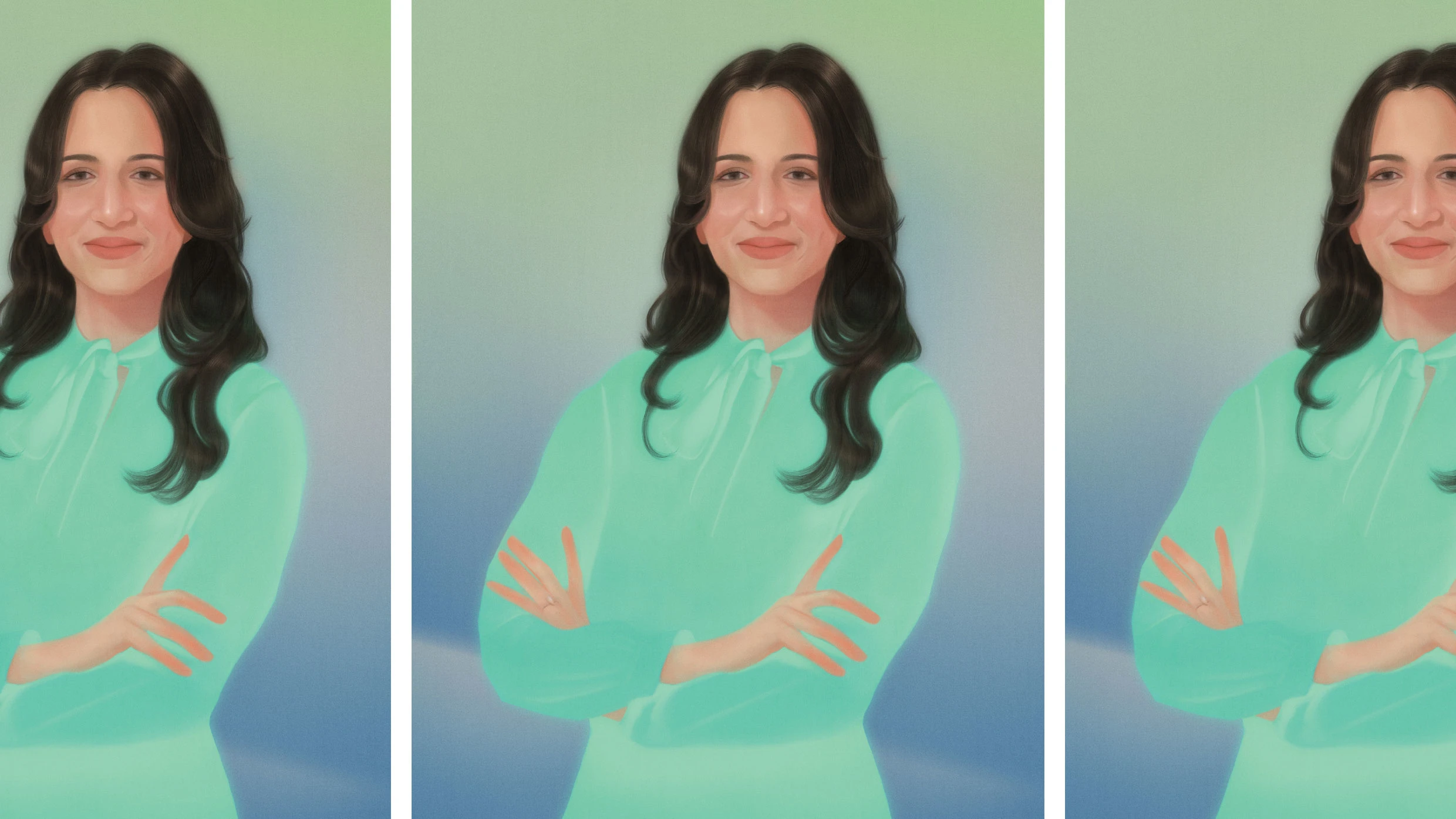
"I spent the long months of pregnancy that followed feeling like a cartoon character with a me-size thunderstorm threatening at every turn. Though my pregnancy was healthy, I was convinced I had to remain vigilant until my son was in my arms. When my husband and I visited my obstetrician nine days past my son's due date, I wasn't surprised to see an irregularity in his heartbeat. Less than an hour later, we were checking into the hospital to start my induction."
"Less than an hour later, we were checking into the hospital to start my induction. Later that night, my son's heartbeat dropped again, prompting a small army of doctors and nurses to rush the delivery room. But he recovered, my body stopped resisting, and then it was over. We sat together in the emptied room, my son curled against my husband's chest, his tiny hat askew. Here was my family."
"It's the question at the heart of Orchid, one of a new wave of companies performing genomic screening on human embryos. Roughly 40% of in vitro fertilization (IVF) cycles today include genetic screening, but in almost all cases, the tests are a relatively rudimentary gauge of obvious chromosomal abnormalities, with results similar in scope to a prenatal amniocentesis test. Orchid and its competitors, all of which were founded within the last decade, assess embryo health in a far more comprehensive, and potentially more radical, way."
Two miscarriages preceded a long, anxious pregnancy in which the narrator remained vigilant despite a healthy gestation. Labor nine days past the due date revealed irregular fetal heartbeats that prompted induction and an emergency response; the son recovered and the family was formed. The question of whether beginnings matter motivates companies like Orchid, which perform genomic screening on human embryos. Approximately 40% of IVF cycles include genetic screening, but most tests detect only obvious chromosomal abnormalities similar to amniocentesis. Orchid and newer competitors perform more comprehensive embryo-health assessments. Founder Noor Siddiqui has frozen many embryos and plans additional egg retrievals.
Read at Fast Company
Unable to calculate read time
Collection
[
|
...
]